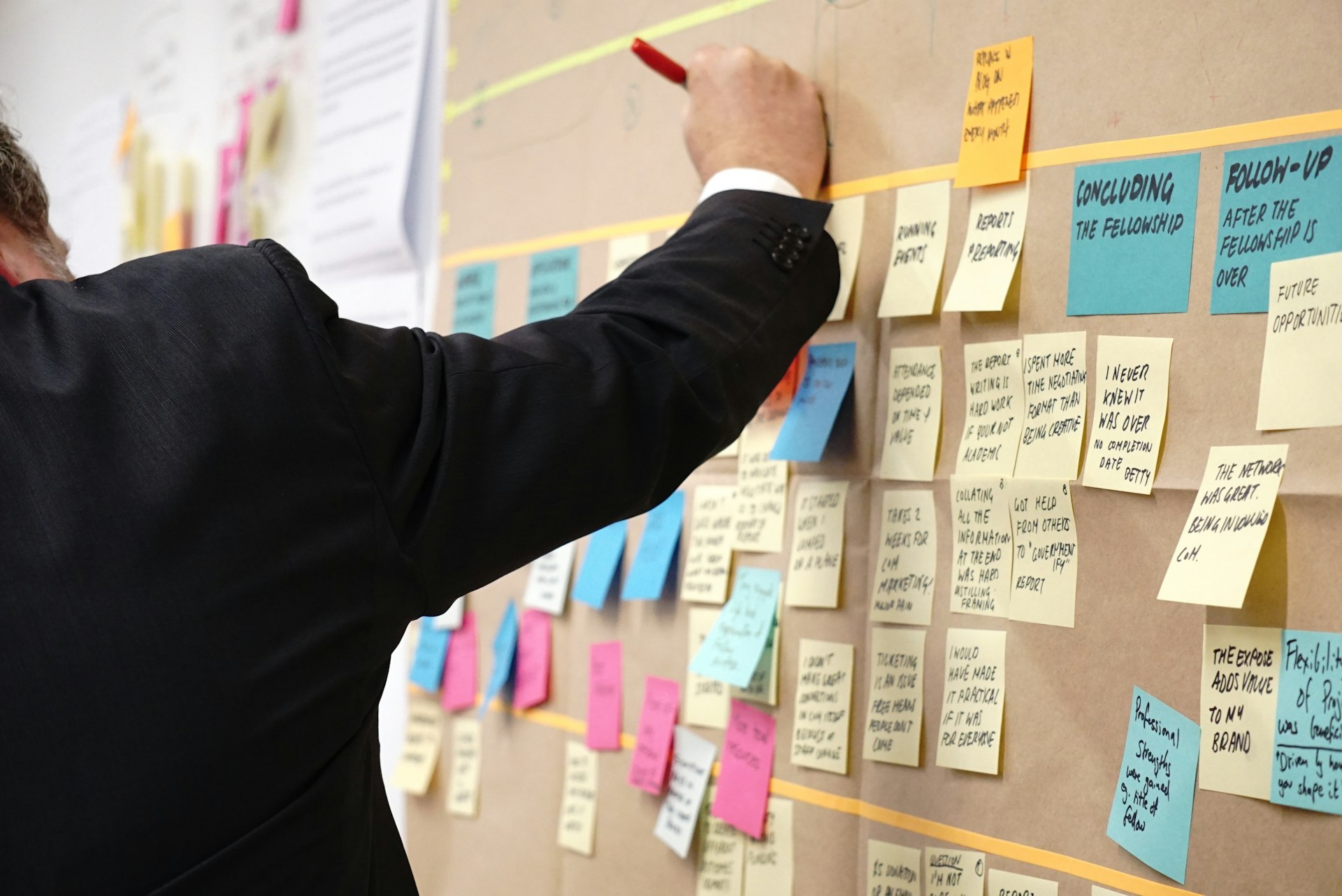How Proper Hydration Supports Clearer Thinking and Sharper Focus

Photo by engin akyurt on Unsplash
Introduction: The Overlooked Power of Hydration for Mental Performance
From school children to older adults, the impact of hydration on mental abilities is often underestimated. Yet, recent research shows that even mild dehydration can influence our memory, attention, and overall cognitive performance. Understanding how water intake affects brain function-and taking simple steps to maintain optimal hydration-can help you think more clearly, react faster, and stay focused throughout your day.
Why Hydration Matters for the Brain
The human brain is composed of about 75% water, making it especially sensitive to changes in hydration. Water facilitates the flow of nutrients and the removal of waste, supports neurotransmitter function, and helps regulate mood and energy levels. Even a small decrease in body water, often less than 1% loss in body mass, can begin to impair focused attention and memory, according to studies summarized by Nature Research Intelligence [1] . When you are dehydrated, brain cells may function less efficiently, which can affect your ability to concentrate, learn, and remember information.
Evidence Linking Hydration and Cognitive Performance
Multiple scientific investigations have identified clear links between hydration and mental function. For example, a randomized cross-sectional study of healthy young adults found that those in a dehydrated group had significantly lower results in tasks requiring sustained attention, working memory, and executive function. Reaction times were delayed by 12-18% compared to their hydrated peers. Participants who were well-hydrated not only performed better but also reported less fatigue and higher alertness [2] .
Other research has shown that short-term memory improves after fluid consumption. In studies of school-age children and adults, memory-related test performance-such as recalling lists of objects-benefited from water intake. Visual attention, reaction speed, and accuracy during complex tasks also improved in hydrated individuals compared to those who had not consumed water [3] . These findings reinforce the importance of regular water intake, particularly during mentally demanding activities like studying, problem-solving, or performing at work.
Dehydration: Symptoms and Cognitive Consequences
Symptoms of dehydration can be subtle-thirst, dry mouth, or slight fatigue. However, the cognitive effects can be more significant than many realize. Studies reveal that even mild dehydration leads to:
- Impaired short-term memory and reduced alertness
- Delayed response times and reduced accuracy
- Increased subjective fatigue and cognitive effort
A comprehensive review published in the European Journal of Nutrition found that older women with lower hydration levels scored lower on tasks measuring motor speed, sustained attention, and working memory. Interestingly, researchers also noted that overhydration could be just as detrimental as dehydration, emphasizing the need for balance [4] .
How Much Water Do You Need?
Water needs vary by age, activity level, climate, and individual health. There is no one-size-fits-all answer, but most experts recommend drinking when you feel thirsty and aiming for pale yellow urine as a sign of adequate hydration. The National Academies of Sciences, Engineering, and Medicine suggest a total daily water intake (from all beverages and foods) of about 3.7 liters for men and 2.7 liters for women. However, you may need more water if you are physically active, live in a hot climate, or are pregnant or breastfeeding.
Older adults are especially at risk for dehydration, as the sense of thirst diminishes with age. If you are caring for an older family member, encourage regular sips of water throughout the day. For children and students, consider providing a water bottle to support concentration and learning in school settings.
Step-by-Step Guidance for Maintaining Optimal Hydration
To support your cognitive performance, consider these practical steps:

Photo by cal gao on Unsplash
- Start with a glass of water in the morning. Rehydrating after sleep sets the stage for a focused day.
- Keep water accessible. Carry a refillable bottle at work, school, or during activities. This visual cue can help remind you to drink regularly.
- Monitor your intake. Use a simple journal or a smartphone app to track your water consumption, especially if you have difficulty remembering to drink.
- Respond to signs of thirst immediately. Don’t wait until you feel very thirsty, as this may already indicate mild dehydration.
- Balance with food. Fruits and vegetables are rich in water and can contribute to your daily needs.
- Be mindful during exercise or hot weather. Increase your intake before, during, and after physical activity or exposure to heat.
- Watch for overhydration. While rare, excessive water intake can disrupt electrolyte balance. Listen to your body and consume fluids gradually.
Alternatives and Special Considerations
If you dislike plain water, try adding slices of citrus, berries, or cucumber for flavor. Unsweetened teas and broths can also support hydration. For individuals with medical conditions (such as heart or kidney problems), consult your healthcare provider for personalized recommendations on fluid intake.
In some situations, such as illness with fever, vomiting, or diarrhea, fluid needs increase. Oral rehydration solutions may be helpful and are available at pharmacies. If you’re unsure how much water you need, especially if you are managing a health condition, discuss your needs with your doctor or a registered dietitian.
Overcoming Common Challenges
Some people struggle to drink enough due to busy schedules or lack of access. Solutions include setting phone reminders, using apps, or making hydration part of daily routines (such as pairing water intake with meals or breaks). In workplaces or schools, request water stations or encourage policies that allow water bottles at desks. If you have trouble remembering, visual cues-like a bottle in sight-can help reinforce the habit.
Summary: Hydration and Your Mental Edge
Staying hydrated is a simple, actionable way to support your memory, attention, and overall cognitive capabilities. Research shows that both dehydration and overhydration can reduce mental sharpness, but maintaining a balanced fluid intake helps maximize your potential. By developing consistent hydration habits and adapting them to your needs, you can give your brain the support it needs for clearer thinking and sharper focus.
References
- [1] Nature Research Intelligence (2022). Hydration and Cognitive Performance: Topic Summary.
- [2] Academic Medicine (2023). Hydration status and its impact on cognitive performance among young adults.
- [3] OSHA (2023). The Cognitive Effects of Proper Hydration.
- [4] Penn State University (2021). Hydration may affect cognitive function in some older adults.



